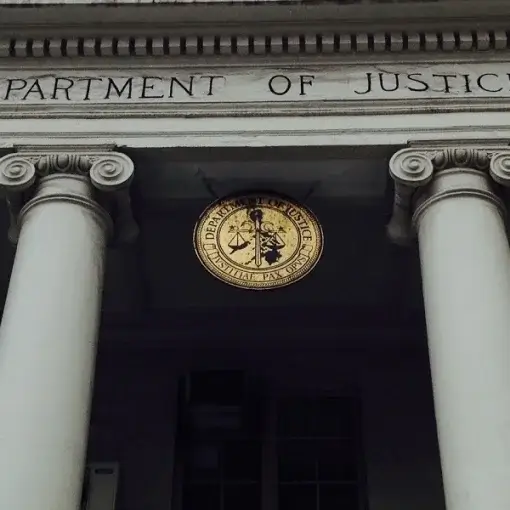
H.R. 1808, was passed by The House of Representatives on Friday July 29, 2022. This bill would ban the production and sale of semi-automatic rifles labeled as “assault weapons” with features such as pistol grips, folding or adjustable stocks, barrel shrouds, and threaded barrels. It also would ban a long list of specific models by name. The bill, which passed the House by a vote of 217 to 213, now goes to the evenly divided Senate, where it would need support from at least 10 Republicans to overcome a filibuster. H.R. 1808 was hastily jammed through with ambiguous language and overbroad definitions to appease gun control supporters in Congress. H.R. 1808 is a poor excuse for an answer to the increased gun violence our country is experiencing. Contrary to what this bill describes as an assult weapon is actually a semi-automatic rifle in common use that is used by law abiding citizens and protected by the 2nd amendment.
In the landmark 2008 case District of Columbia v. Heller, the Supreme Court said the Second Amendment applies to weapons “in common use” for “lawful purposes,” which made a blanket ban on handguns unconstitutional. AR-15 rifles are among the most popular firearms in the nation, and they are owned by millions of Americans. A recent survey of gun owners indicates that about 24.6 million Americans own an AR15 rifle. You might think these facts would be enough to establish that so-called assault weapons are “in common use” for “lawful purposes. Yet here we have another attempt to infringe the 2nd Amendment. After a Supreme Court ruling in New York State Rifle & Pistol Association v. Bruen, the Supreme Court delivered an unmistakable message: Cut it out. The decision rejected “interest-balancing” standards in favor of a historical approach that asks whether a challenged law is analogous to restrictions that have traditionally been viewed as consistent with the right to keep and bear arms.
Justice Brett Kavanaugh, dissented from a 2011 decision in which the U.S. Court of Appeals for the D.C. Circuit upheld the District of Columbia’s “assault weapon” ban. “There is no meaningful or persuasive constitutional distinction between semi-automatic handguns and semi-automatic rifles,” Kavanaugh wrote. “Semi-automatic rifles, like semi-automatic handguns, have not traditionally been banned and are in common use by law-abiding citizens for self-defense in the home, and other lawful uses. It is not clear whether a majority of the Court is inclined to rule that “assault weapon” bans are unconstitutional. The fact is if H.R. 1808 is passed in the Senate it could very well be the next Supreme Court case challenged with restrictions that have traditionally been viewed as consistent with the right to keep and bear arms.
July 29, 2022
Press Release
Washington, D.C. – Congressman Tom Cole (OK-04) released the following statement after the U.S. House of Representatives passed H.R. 1808, the Assault Weapons Ban of 2022. Cole voted against the legislation.
“H.R. 1808 constitutes the greatest attack on the constitutional rights of law-abiding gun owners that I have seen during my time in Congress, and I vehemently oppose it,” said Cole. “More importantly though, the Second Amendment to the United States Constitution does not allow Congress to take away that right. As I have said before, I believe that any effort to address gun violence must be deliberative and open and must ensure that constitutional rights are preserved for all Americans. Sadly, this bill does not meet that test and instead tramples on the rights of law-abiding Americans.
Defend2 supports school safety with dedicated resources at the federal level, an investment in better access to, and quality of, mental health care, increased funding and support for law enforcement, and a firm position on gun crime with serious penalties for those who break the law. We do not support senseless gun control measures that will only infringe on the rights of the law-abiding.
UPDATE
This bill was introduced in the 117th Congress, which met from Jan 3, 2021 to Jan 3, 2023. H.R.1808 was passed by the House on July 29, 2022 but was never passed by the Senate. Legislation not passed by the end of a Congress is cleared from the books.




